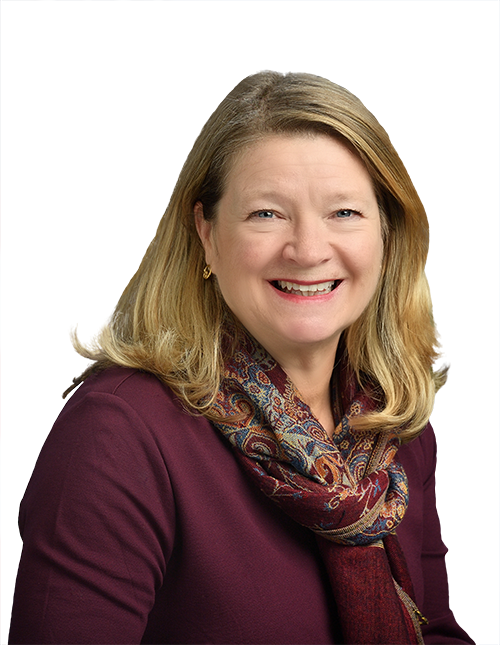New York Must Invest in Direct Support Professionals
As this year’s legislative session begins, I look forward to the abundance of opportunities to improve the quality of life for our communities. That starts with supporting New York’s workers to ensure they receive the fair pay and benefits they deserve.
To that end, I recently wrote to Governor Hochul about the need for increased investment in our intellectual and developmental disability (I/DD) community and the direct support professionals (DSPs) who work to ensure their safety, well-being, and prosperity. We have made some progress in reversing the state’s history of neglect towards these support programs; for instance, the 2023-24 New York State budget included a four percent cost-of-living adjustment (COLA) for numerous care programs and services (Ch. 57 of 2023). However, there is still more to be done.
DSPs are highly skilled professionals who provide daily support and care to individuals with I/DD, including but certainly not limited to first aid, CPR, medication administration, meal preparation, transport facilitation, and attention to the comprehensive and complex social, emotional, and psychological needs of the people they serve. Whether imparting essential personal care and financial management skills or managing crisis de-escalation, DSPs must be well-trained and always prepared to fulfill the demanding requirements of their profession.
Held up against their efforts to ensure the highest quality of life for New Yorkers with I/DD, it’s alarming that the average pay for a DSP is not commensurate with the enormity of their work. The average starting salary for a DSP with a non-profit provider is only $16.02 per hour in our region, which is barely above minimum wage. Between minimal pay and the high demands of the work, the industry has been struggling for many years with significant workplace vacancies and high turnover rates.
I am advocating for a new Direct Support Wage Enhancement (DSWE) in the 2024-25 state budget. This proposal would provide non-profit provider agencies with an annual funding allocation of $4,000 per eligible employee, specifically designated to enhance the hourly pay rate for low-paid staff responsible for the direct care and support of individuals with I/DD. This increase equates to approximately $2 more per hour for full-time employees. Investing in this critical workforce is indispensable for attracting and retaining staff within non-profit provider agencies that support the I/DD community.
Additionally, inflation has dramatically increased operating costs for not-for-profit provider agencies. Mandated fringe benefits, repairs and maintenance, utilities, food, supplies, transportation and insurance costs have surged over the past year, placing financial strain on these agencies. Since I/DD providers are solely funded by Medicaid, increasing the Medicaid reimbursement rate is essential to ensure non-profit providers can continue their operations. This past week, the Governor issued her Executive Budget which included a 1.5 percent cost of living adjustment (COLA) to help offset operating expenses. This is a good start, but I’m fighting to include a 3.2 percent COLA in the state budget to finally provide much-needed relief to these providers.
As a member of the Assembly Committee on People with Disabilities, I have always fought to support health care workers and combat the staffing crisis the industry has faced. I look forward to working with my Assembly colleagues to ensure that our hardworking DSPs are adequately compensated, and that all members of the I/DD community continue to receive the full support they need to live happy and healthy lives.
If you have questions or concerns regarding this, or any other issue of community interest, please contact my office at (716) 634-1895 or McMahonK@NYAssembly.gov.
